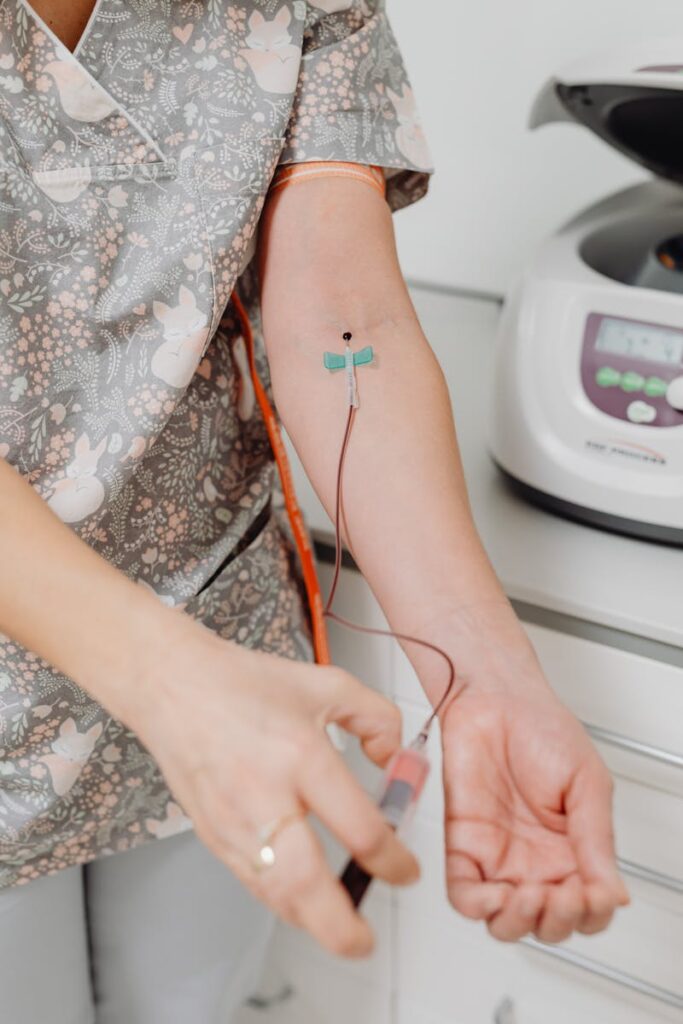Wanderlust drives many to explore the world, discovering new places and cultures. However, these travels can impact your eligibility for life-saving actions like blood donation. The American Red Cross has strict guidelines to ensure donor and recipient safety, making it crucial for travelers to understand these rules to contribute effectively while navigating their global journeys.

The American Red Cross provides critical assistance in times of need.
The American Red Cross is a symbol of hope, offering vital aid in emergencies, including maintaining a safe blood supply. The process of blood donation involves thorough checks, especially regarding the donor’s travel history, to prevent the transmission of undetectable conditions. This careful screening is essential to protect both donors and recipients.
When you roll up your sleeves to donate blood, be prepared to embark on a journey down memory lane, revisiting your travels outside the United States and Canada over the past three years. The questionnaire, an integral part of the health check at every donation appointment, inquires about the countries visited, specific locations within those countries, modes of transportation used, and the duration of stay among other details. This information is vital for the American Red Cross to determine the eligibility of the donor based on exposure risks to certain diseases.
Donating blood may cause some potential threats or dangers.
Malaria, spread by mosquitoes in certain countries, is a key concern. Despite medical advancements, there’s no sensitive blood test for malaria, making travel history vital in assessing transfusion risks. The CDC provides resources to check if your travel destinations have malaria, which may require a waiting period before donating blood.
Variant Creutzfeldt-Jakob Disease (vCJD), linked to mad cow disease, once led to strict donor deferrals for those who spent time in certain European countries. The FDA has updated its guidelines, allowing many previously ineligible individuals to donate blood or platelets starting Oct. 3, provided they haven’t attempted to donate before.
The Zika virus, like malaria, is transmitted by mosquitoes and has had outbreaks in the Americas, parts of Africa, and Southeast Asia. Blood donation eligibility for those with Zika depends on the latest information from the American Red Cross.
Ebola, with its devastating impact primarily in Western Africa, is another condition that disqualifies individuals from donating blood if they have ever had an Ebola virus infection or disease.
But what if your wanderlust or circumstances make you ineligible to donate blood? There are other avenues through which you can contribute to the noble cause championed by the American Red Cross. Volunteering, hosting a blood drive, or making a financial donation are alternative ways to support the organization’s mission to maintain a stable blood supply, provide humanitarian aid, and empower communities with lifesaving skills.
As we explore the world’s beautiful destinations, staying informed and prepared is key. Before your next donation, review your travel history and consult the American Red Cross eligibility specialists. This ensures the blood supply’s safety and reflects responsible travel and altruism.

The connection between travel and blood donation highlights our global community’s interdependence. Each journey, filled with vibrant memories, can significantly impact those in need. Traveling mindfully and responsibly ensures our adventures enrich our lives and positively affect others.
Related posts:
Places the U.S. Government Warns Not to Travel Right Now
Where Can Americans Travel Right Now? A Country-by-country Guide
Your Ultimate International Moving Checklist





